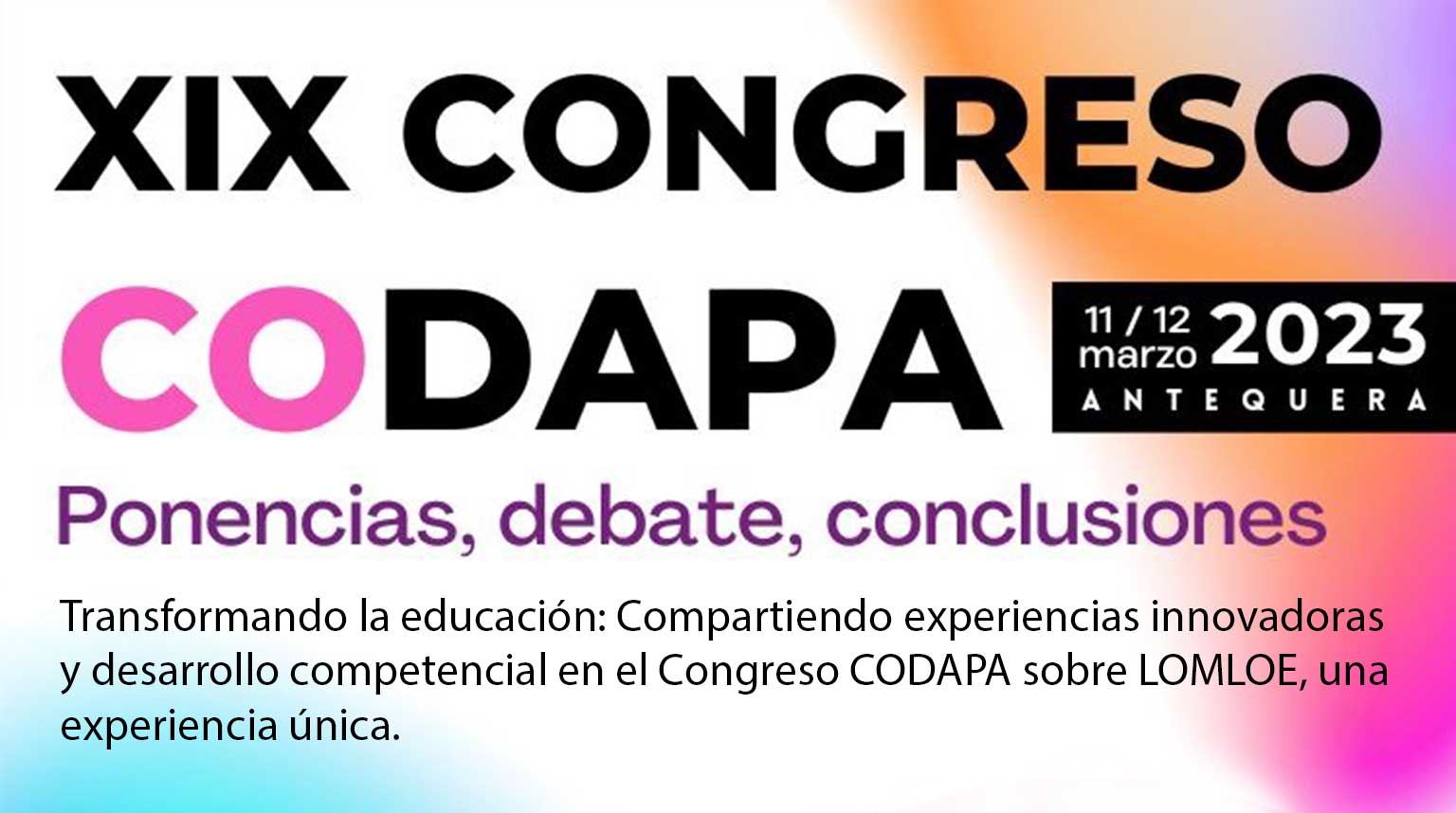In the ever-evolving world of gambling, there is a growing emphasis on eco-friendly practices that not only elevate the experience for participants but also align with broader societal goals. As more players become aware of their choices, the push for responsible wagering is increasingly at the forefront of discussions about the future of this industry.
With a focus on sustainability in gambling, operators and participants alike are encouraged to adopt approaches that minimize negative repercussions on our planet. Emphasizing the importance of making informed decisions can lead to outcomes that benefit not just individual players but the environment as a whole.
As we delve into the relationship between gaming and ecological responsibility, it becomes clear that embracing green initiatives is not merely an option but a necessity. This article will explore various facets of how the intersection of play and ecological mindfulness can pave the way for a more sustainable future.
Carbon Footprint of Online Wagering Platforms
The surge in digital wagering activities has led to increased scrutiny of the carbon footprint generated by these platforms. Unlike traditional forms of gambling, which may involve physical venues, online systems still contribute significantly to climate change through energy consumption and server demands.
Key contributors to the carbon emissions associated with online wagering include:
- Data centers that require substantial energy for operation and cooling.
- Electricity consumption from user devices, especially when high-performance graphics and real-time data processing are involved.
- Transportation emissions from deliveries or promotional materials associated with online platforms.
Implementing eco-friendly practices can mitigate the ecological toll of these digital enterprises. Operators can take the following steps to ensure responsible wagering:
- Utilizing renewable energy sources for data centers.
- Optimizing algorithms to decrease power usage during peak loads.
- Encouraging users to participate in responsible gaming by engaging in activities that minimize excessive energy consumption.
Ultimately, the online wagering industry has the potential to reduce its carbon footprint significantly. By embracing sustainable technologies and practices, these platforms can contribute positively to the environment while providing users with a conscientious approach to gaming.
Waste Generation from Sports Betting Events
As the popularity of wagering on athletic competitions continues to rise, the associated waste production from events can be significant. Large crowds at stadiums and venues, coupled with promotional activities and merchandise, contribute to noticeable litter and refuse accumulation. Understanding the waste cycle in these scenarios is essential for promoting eco-friendly practices.
Typically, the waste generated includes food packaging, bottles, and other single-use items that are often poorly managed. Implementing sustainable initiatives within event planning can greatly reduce the ecological footprint. For instance, organizers can prioritize biodegradable products and encourage the use of reusable containers among fans. Similarly, proper recycling stations at strategic locations can help divert waste from landfills.
| Type of Waste | Potential Solutions |
|---|---|
| Food Packaging | Use of compostable materials |
| Beverage Containers | Encouraging reusable bottles |
| Promotional Materials | Digital alternatives and sustainable materials |
Emphasizing responsible wagering practices among fans and operators can lead to a more sustainable approach to these events. Education on waste management options and promoting greener choices can profoundly influence the behavior of participants and consumers, paving the way for a more conscientious industry overall.
Water Usage in Wagering-Related Promotions and Events
The combination of entertainment and competition that comes with wagering activities often leads to large-scale public events and promotions. These gatherings can unknowingly lead to significant water consumption. The rigorous planning and execution of these events can result in excessive water use for various purposes such as sanitation, irrigation of landscaping, and refreshment supply.
Promotions often take place in outdoor settings, increasing the demand for efficient water management. The focus on reducing resource usage aligns with the principles of sustainability in gambling, encouraging stakeholders to adopt practices that minimize their water footprint.
Responsible wagering initiatives could include adopting measures like utilizing greywater systems or rainwater harvesting methods at venues. Such sustainable practices can ensure that the water use associated with events is significantly reduced, reinforcing the commitment to environmental responsibility and enhancing the overall experience for attendees.
As the industry continues to grow, integrating water conservation strategies within the planning of wagering-related events will not only conserve vital resources but also promote a culture of environmental stewardship. This shift can ultimately elevate the industry’s reputation, showcasing its commitment to a greener future.
Comparative Analysis of Wagering and Traditional Gaming Practices
The emergence of online wagering has introduced new dynamics compared to conventional gaming activities. Traditional gambling, often conducted in physical establishments, tends to involve significant resource consumption, including energy and materials for infrastructure. In contrast, virtual platforms typically require less physical space and can operate more efficiently through the implementation of eco-friendly practices.
Moreover, responsible betting initiatives have gained traction within the online sphere, encouraging sustainable habits among users. For instance, many digital services promote self-regulation tools that help players manage their betting behavior, which can contribute to a reduction in excessive resource use associated with traditional venues.
In terms of social engagement, live events related to conventional gambling often lead to a higher carbon output due to large groups converging in a single location. Alternatively, remote options facilitate participation without the environmental burden associated with travel and large gatherings. As a result, sustainability in gambling is increasingly recognized as a critical factor in shaping future practices.
Both formats have their challenges, but the growing trend towards digital platforms reflects a shift towards more conscious consumption. For further information on the sustainable practices within the gambling industry, you can visit https://tri-ology.co.uk.




